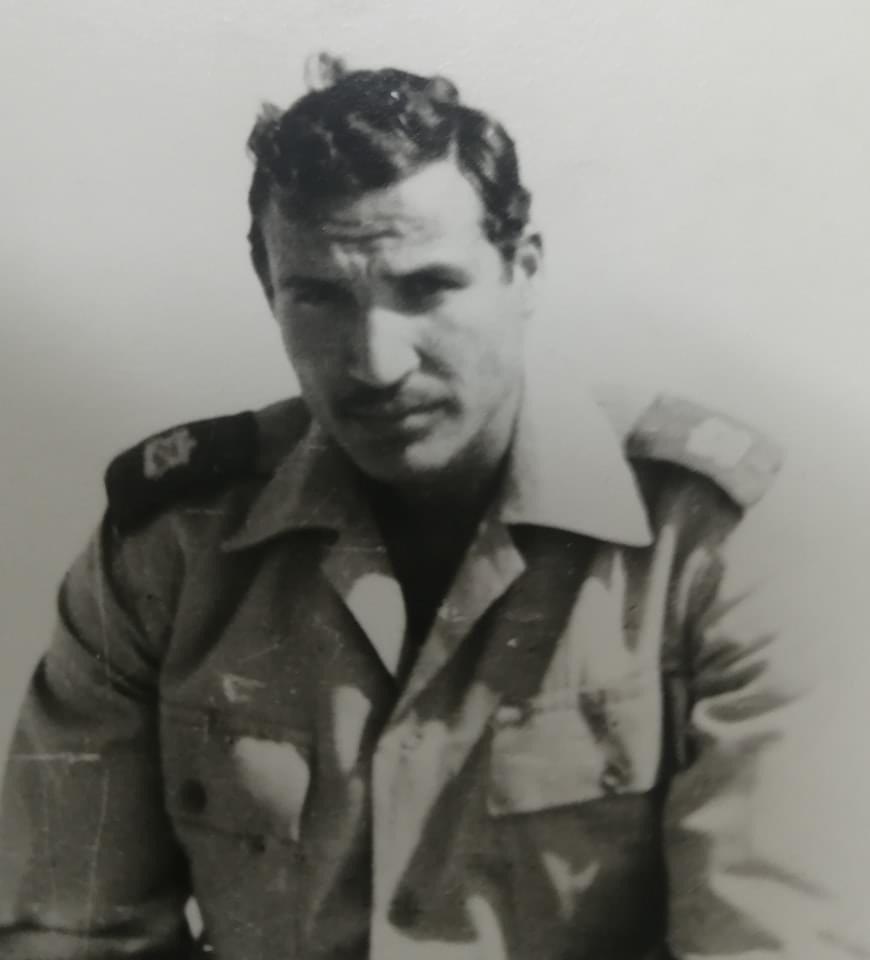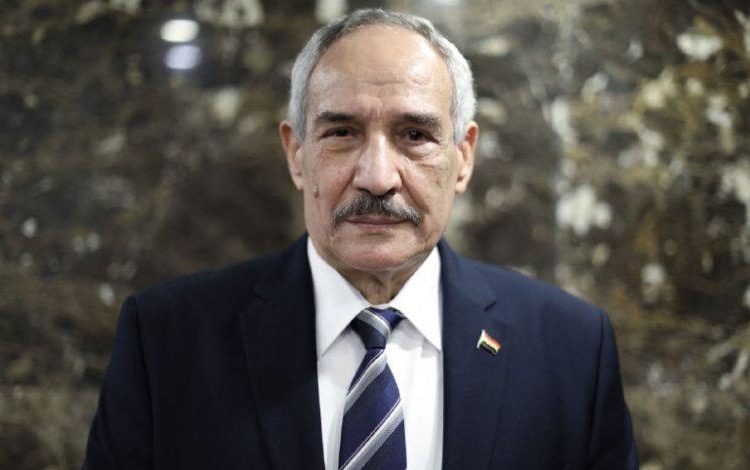By Sarah Saad
On the occasion of the 42nd anniversary of Sinai Liberation Day, The Egyptian Gazette digs deeper into the trilogy of military, political and legal victories in an interview with Major General Staff of War Dr Muhammad Qashqoush, one of the heroes of the October War. Qashqoush is also advisor to the Nasser Higher Military Academy, advisor to the Egyptian Centre for Thought and Strategic Studies, and member of October War Documents Committee.
Qashqoush stressed that what was achieved is due to the determination of the people and the Egyptian army, bearing in mind military victory requires upholding the combat and spiritual doctrine while political victory needed perseverance, and legal victory needed argument. Egypt succeeded in all of these challenges, he remarked.

According to Qashqoush, Liberation began with the storming of the Suez Canal, the destruction of the Bar Lev line, and the victories of October 1973, all the way to the east, where the legal battle to liberate the last handful of sand from the land of turquoise ended.
Between all these steps, there was an arduous struggle to achieve peace, which was built on the victory of Ramadan in October 1973.
The military combat climate was accompanied by a spiritual one during the Ramadan-October War. This was crystal clear when the afternoon prayer was called at the command of the Third Field Army, breaking the silence throughout the great and holy war of liberation.
Qashqoush explained that this stage began directly with the end of the defeat in the June 1967 war, and the Egyptian people rejected that defeat, refused late president Abdel Nasser to step down from his position, and rejected the defeat of his army in an unequal war that he did not fight. The people and the army raised the slogan of that time: What was taken by force cannot be recovered without force.
Qashqoush stressed that the strategic deception plan was truly the key to victory, as through it a complete surprise was achieved for Israel and even the United States with all their intelligence capabilities. It was a comprehensive plan that was carried out at the political, economic and military levels. Its outcome was to deceive the enemy about the time of the start of the war.
The result is paralysis and confusion of the plan to mobilise the important Israeli reserve forces, which constitute about 60-70 per cent of the total Israeli forces. This must be called up within 72 hours.
He talked about the truth about the Battle of the Bulge, which was published in the documents of the October War on the official website of the Ministry of Defence, in handwriting and maps, pointing out that it is considered the biggest Israeli lie about the October War of 1973, as it is one of 8 ground battles, and according to experts’ opinions, Egypt won 6.5 battles while Israel won 1.5.
Israeli forces infiltrated west and besieged the city of Suez and attacked it on October 24 with the aim of overthrowing it as a strategic political target. They suffered a major defeat and failed to enter it and were unable to resume the attack until the ceasefire on October 28.
The siege was intensified, with combat directions adjusted from east to west by the forces of the Third Field Army, in preparation for liquidating the gap, with plans to destroy the Israeli bridge available for withdrawal (they were like a mouse in a trap).
Qashqoush stressed that Sinai is the key to the homeland and the Egyptian gateway throughout history. He also referred to the strategic importance of Sinai in terms of Egyptian national security which increased after 1948 and the separation that took place between Egypt and the Levant due to the presence of Israel.
He also stressed the importance of securing human presence, which is done through comprehensive development planning in all fields. Although Sinai had previously witnessed terrorist operations, the armed forces were able to eliminate terrorist hotbeds.
“Now we stand on a Sinai completely free of slums and safe, in addition to the construction and development of 8 sea ports, 3 land ports, 7 floating bridges, the development and construction of 5 airports, and the construction of 5 tunnels under the canal to connect Sinai to the canal cities, in addition to completing a 226-kilometre railway line.”
This is as well as the implementation of new cities through the desert hinterlands of Sinai and the canal cities.
He concluded his speech by praising the goodness of the Egyptian people, including the Egyptian army, which was and still is committed to securing and sacrificing this country. This is in addition to adhering to taking reasons and rational measurement without belittling or exaggerating while tackling challenges and threats Egypt faces as the Egyptian army at the forefront of international armies.






Discussion about this post